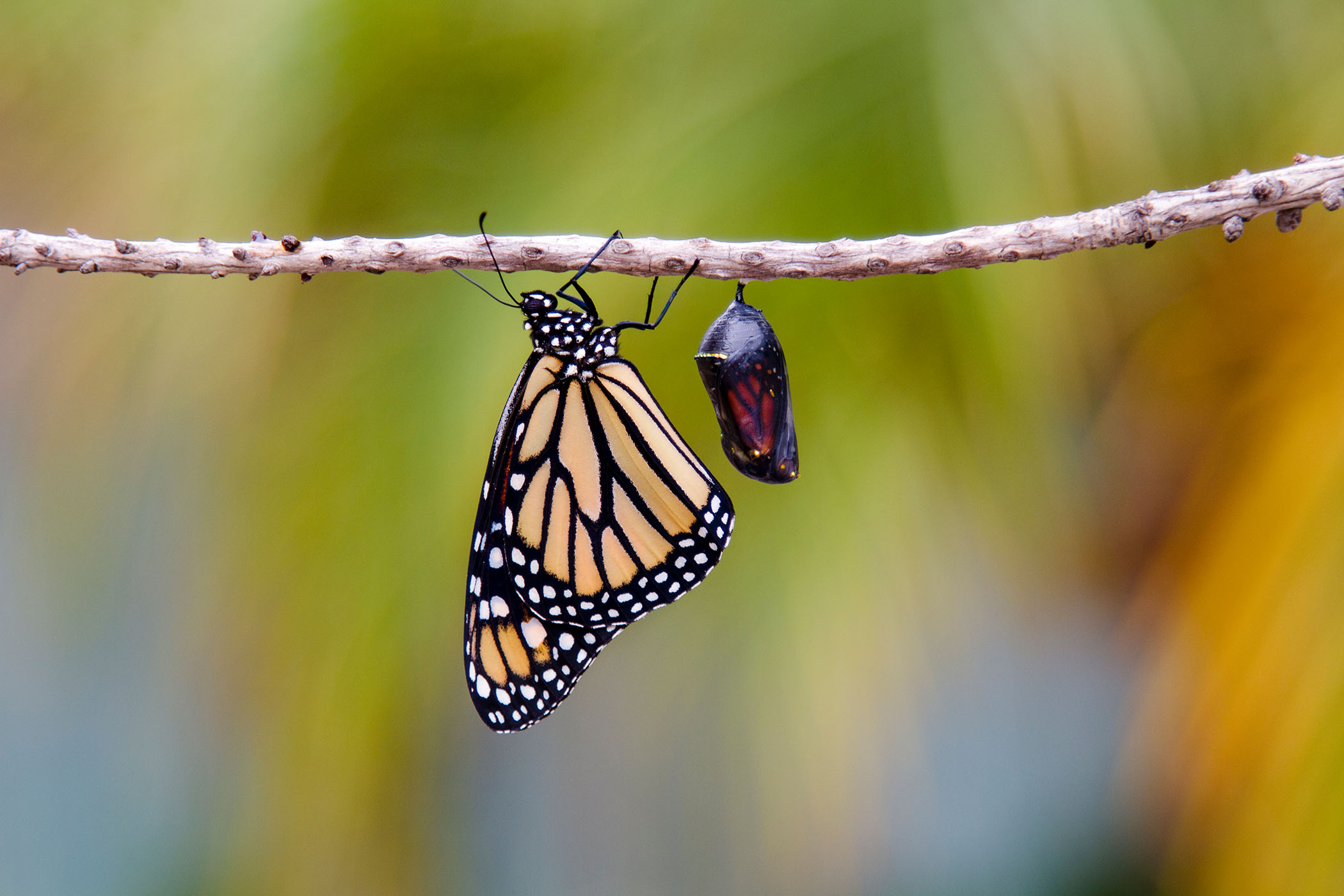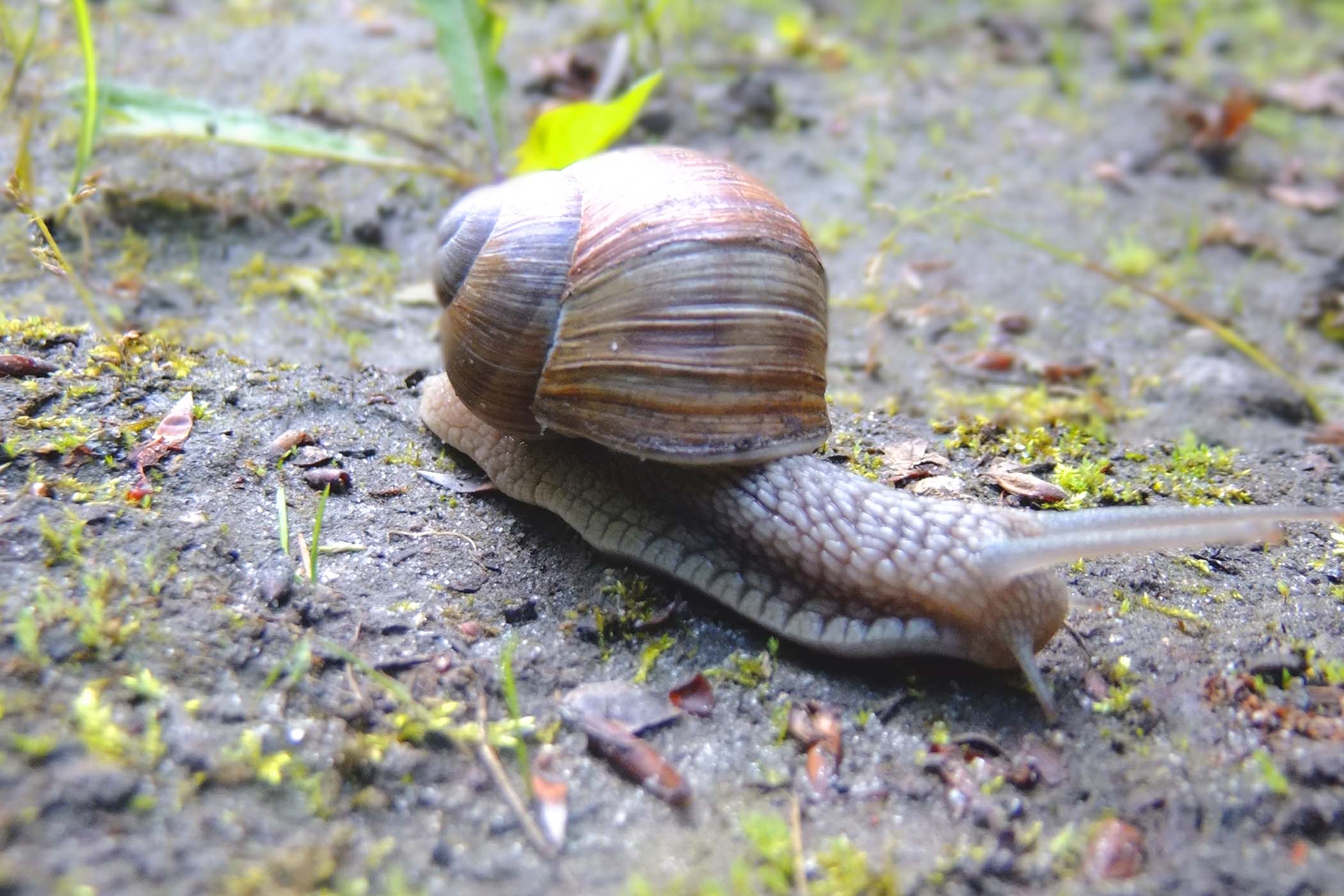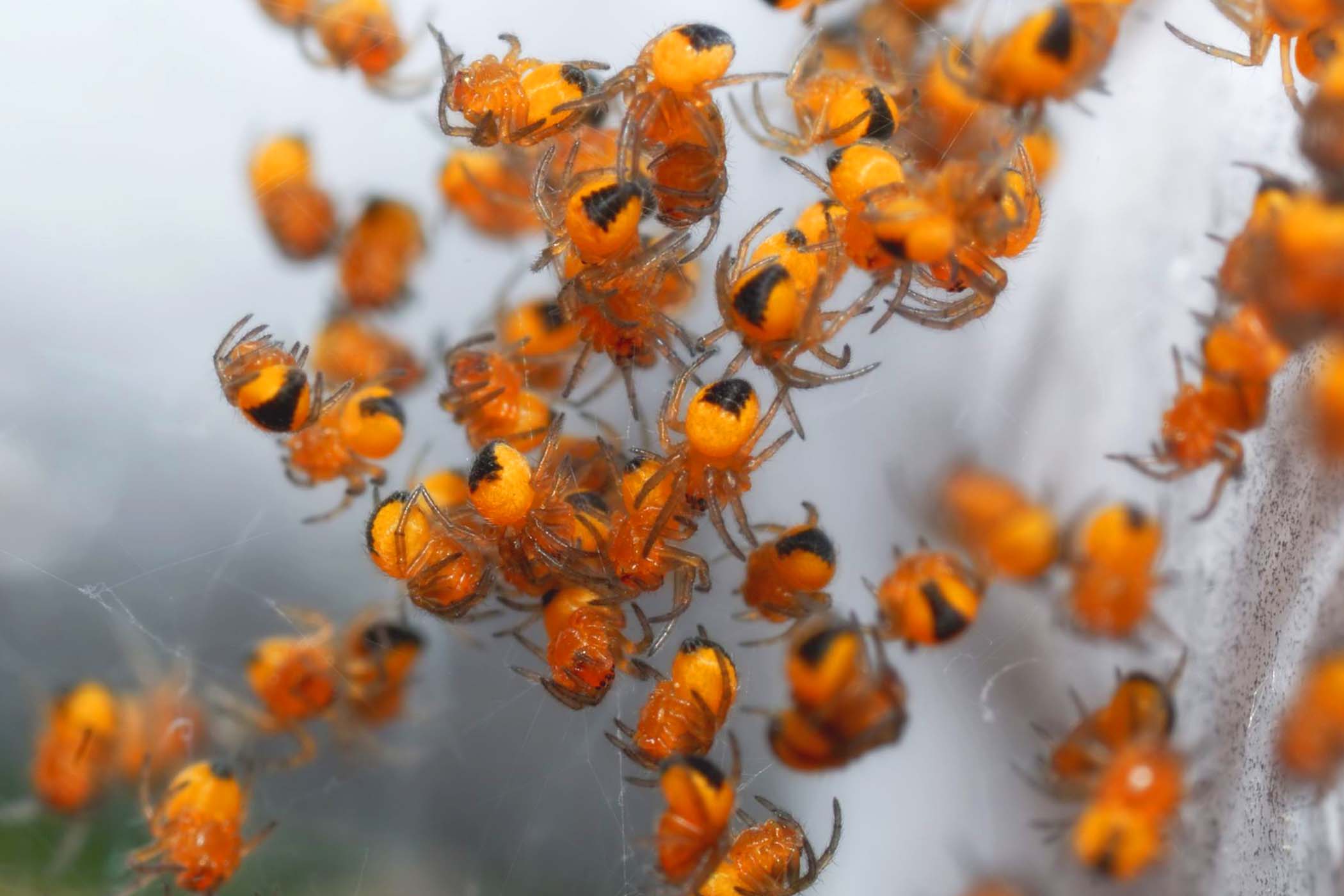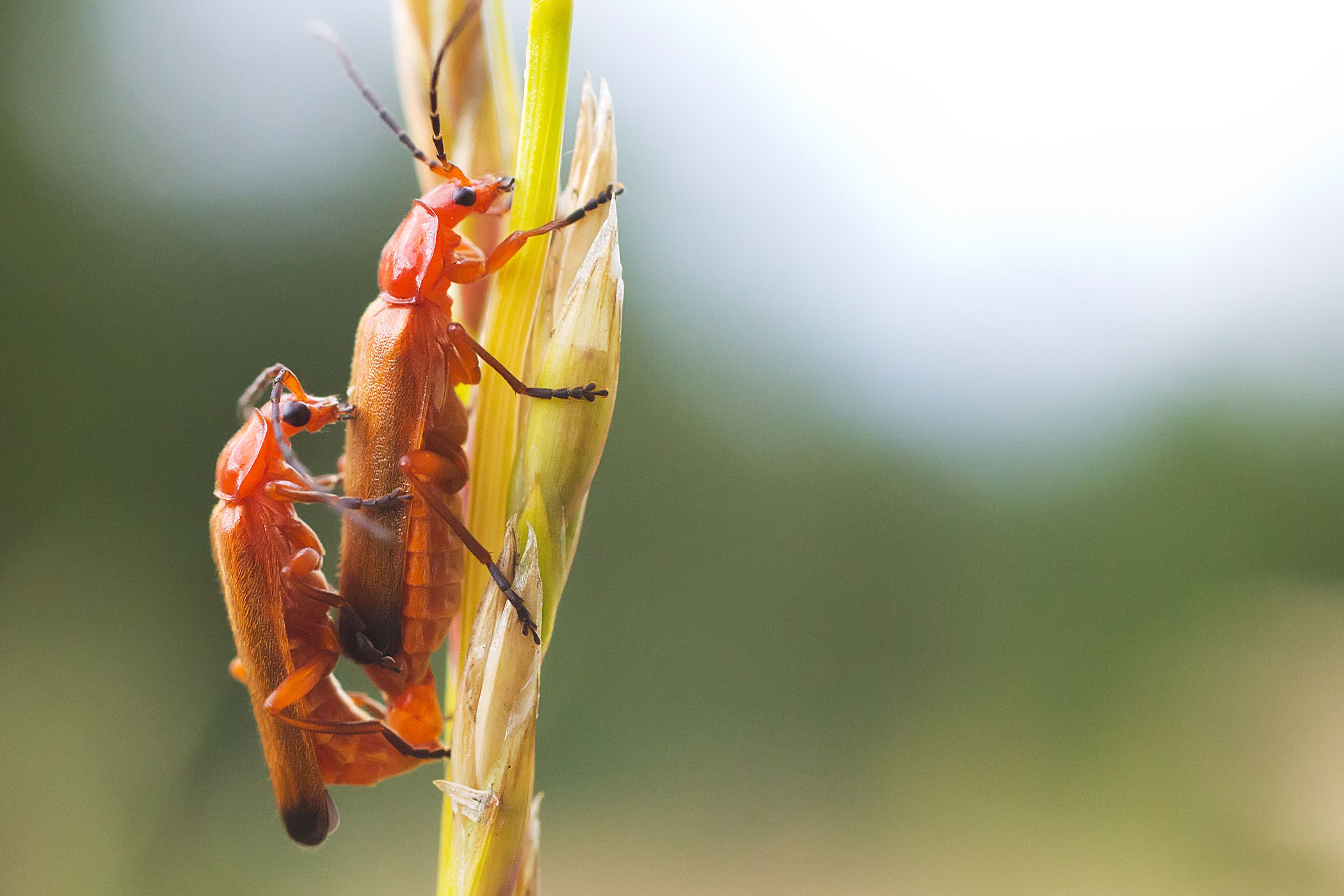
Health & Medicine
Q&A: How immune cells could help diabetes and stroke

Ants, beetles, and all other invertebrates have complex immune systems which can protect their offspring
Published 29 March 2023
It’s flu season. You come down with a runny nose, fever and headache – but within a few days or so, you feel fine.
This happens because your immune system has been hard at work, fighting the parasites and pathogens invading your body.

Humans and other vertebrates (like mammals, birds, fish, reptiles and amphibians) have complex, multi-faceted immune systems that protect us from a constant barrage of bugs and other nasties. But what about insects and other invertebrates?
It turns out, when it comes to immunity, they’re not that different to us.
Our immune system is the body’s way to prevent or limit infection. Our simplest and first line of defence is our innate immune system, which responds rapidly to the multitude of parasites and pathogens that try to invade and take hold of our bodies.

Health & Medicine
Q&A: How immune cells could help diabetes and stroke
These responses can occur even if we have never encountered a particular pathogen. All animals, including some of the smallest on the planet, the insects, have an innate immune system. However, this is not all we humans have in our arsenal.
Our second more ‘sophisticated’ line of defence comes from our learned or acquired immunity. This immune system remembers the parasites and pathogens that have attacked us and prepares for a second invasion.
We can also acquire immunity through vaccinations which readies our immune system for future attack before we even encounter the pathogen.
And there’s another way we can acquire immunity without first being exposed to a parasite or pathogen – we can get it from our parents. The most well-known example of this is the transfer of immunity via antibodies in breastmilk from mother to child.

This is known as trans-generational immune priming, and it means that parents can provide their immune-naïve offspring with protection against the parasites and pathogens that they themselves have experienced. This gives the offspring a head-start in the fight against rapidly evolving pathogens and parasites.
Until recently, it was believed that only vertebrates (like humans) were capable of trans-generational immune priming, and that invertebrates (like insects) only possessed simple, innate immune systems.

Over the past decade, however, scientific research has shown this belief is misplaced. Not only do invertebrates have immune responses that can remember and protect them against disease and re-infection within their own lifetimes, but some can also transfer this ‘memory’ to their offspring.
So, even the smallest animals appear to bear the hallmarks of a sophisticated and complex immune system. But how common is this phenomenon in invertebrates, and under what circumstances might it change?
In our recent paper in Biological Reviews, we addressed this question through a specialised process called a meta-analysis. This statistical review of the literature combines data from multiple studies and allows you to explore patterns and differences across many data sets.
More importantly, it allows you to test hypotheses. We collated the results from 37 studies that explored immune priming in invertebrates.

Our analysis confirmed that trans-generational immune priming is common and present in a wide range of invertebrate species – and the strength of the relationship suggests this is a biologically important mechanism in invertebrates.
Furthermore, we found three important patterns in the literature which reveal key insights into trans-generational immune priming in invertebrates.

Firstly, and perhaps most surprisingly, we found that fathers have an important and equal role in providing immune protection to their offspring. This is despite the fact that mothers provide resources to the offspring during embryonic development, and often provide maternal care after birth, but fathers provide typically little but sperm.
Secondly, we found that the strength of the immune response was stronger when offspring received the same pathogen as their parents. This suggests that immune priming in invertebrates can be targeted to a specific pathogen, rather than simply providing a generalised boost to immunity – also highlighting the sophistication of this phenomenon.
Finally, we showed that parental immune protection is remarkably long-lived and can persist until the offspring are adults themselves. This tells us that the parents’ investment in their young extends long after their babies have dispersed.

We also found a range of factors that do not seem to influence trans-generational immune priming, including:
The species studied – highlighting that trans-generational immune priming is widespread among invertebrate species
The lifespan of the species – the transfer of immunity can occur in both short and long-lived species
The dispersal capabilities of the species – regardless of whether you stay close to your parents or stray far from home, you carry with you the immune protection of your parents.

So, what does all this mean?
Invertebrates have a complex and sophisticated immune system, which allows them to protect themselves and their offspring against pathogens and parasites that may try to infect them.
There are certain circumstances that can influence the strength of trans-generational immune priming, and maybe more interestingly, other factors that do not.
However, there’s a lot more that needs to be uncovered. The next challenge is to unlock exactly how invertebrates, who do not produce antibodies, transfer immune memory to their offspring.
But for now, it’s fascinating to know that invertebrates are a little bit more like us than we thought.
Banner: Getty Images